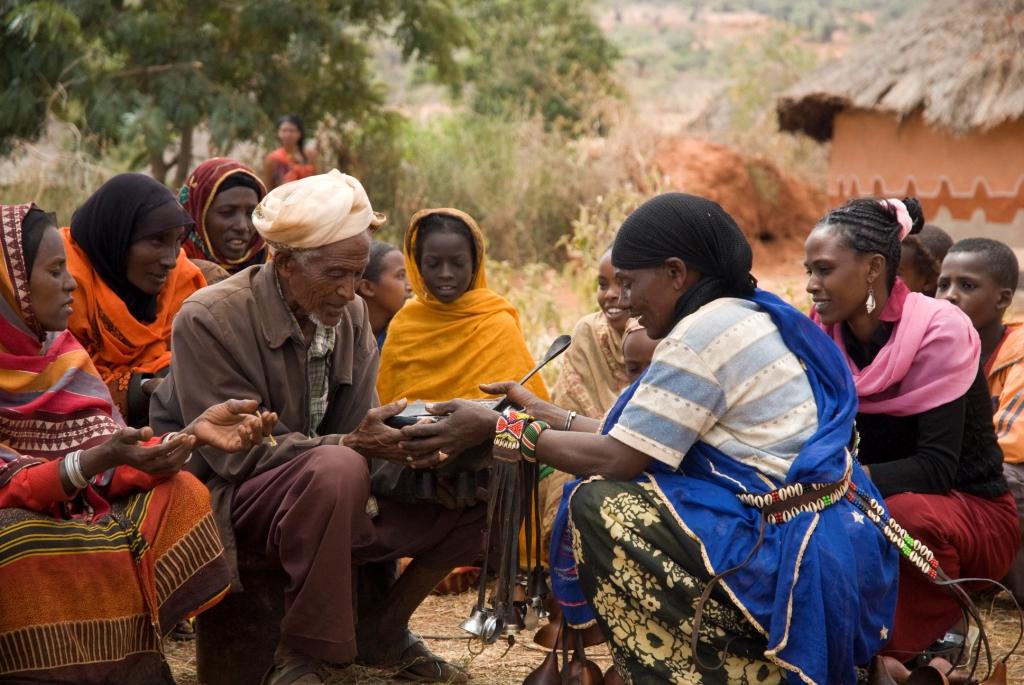“Their lives depend on rain”

This week in Washington, DC, our Senators are still going back and forth about US climate legislation. There’s some debate about whether or not they should prioritize working on a climate and energy bill, or whether other issues should take precedence.
Meanwhile, in many parts of Ethiopia, dealing with climate change is now no longer a question of priorities. It’s a necessity. “In addition to the usual struggles, Ethiopians living in poverty are suffering the effects of climate change—both more variable climate and more extreme weather events,” reads an Oxfam report released just last week.
I thought of this contrast today as I read over an interview that I helped conduct last summer with Terefua Bagajo, one of the data collectors for Oxfam’s drought early warning system in southern Ethiopia. The system collects data from rural women in herding communities, charting their intimate knowledge of their villages in order to identify oncoming droughts and come up with local solutions.
Here’s what Bagajo said about the urgency of climate change, and why women in her community are the ones who are fighting back:
“The reason why all our informants are women is because in our community they are the first to feel the effect of drought, more than anybody else in the house. Women are the ones who are responsible for what most activities in the house. They know better about problems in the house, children, and cattle. … They know what it means to have something and then lose it. That is why we collect data from them. …
The climate is changing from time to time. Every year, the amount of rain is decreasing. Even if you compared the time we started data collection with this year, it is completely different. The living condition of the people at that time and this time is not same.
People in other areas may even trade something to get cash and survive. But our community is pastoralist [herders]; their lives depend on rain. They work on animal farming and crop production, if it rains only. Our pastoralist communities don’t have a culture of selling their livestock under normal conditions. … But now, there is no rain that can help crops to grow. If there had been rain, you wouldn’t see this soil like that. You would see fresh grains, this land would covered with grass, and cattle would not migrated from this area. But now, there is no rain.”